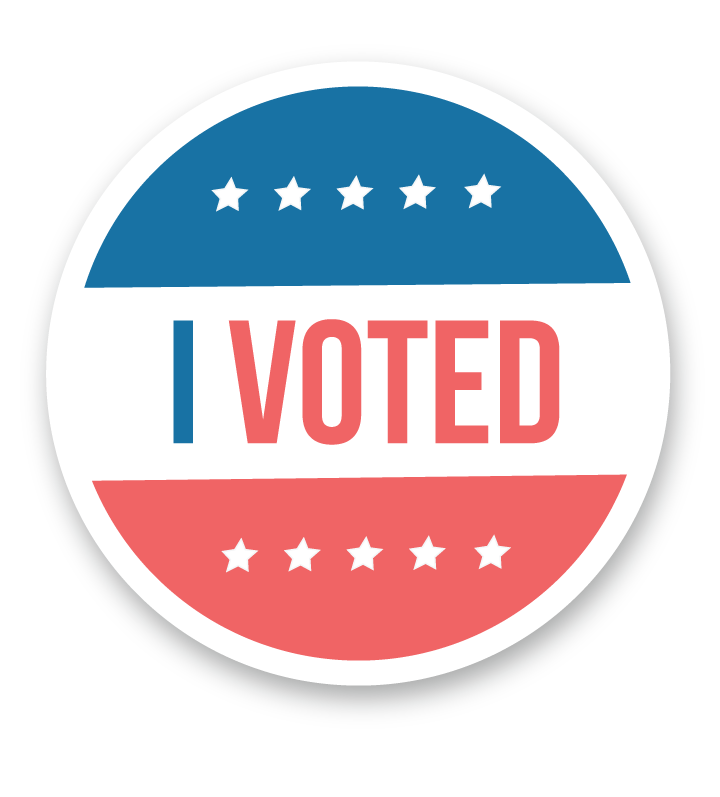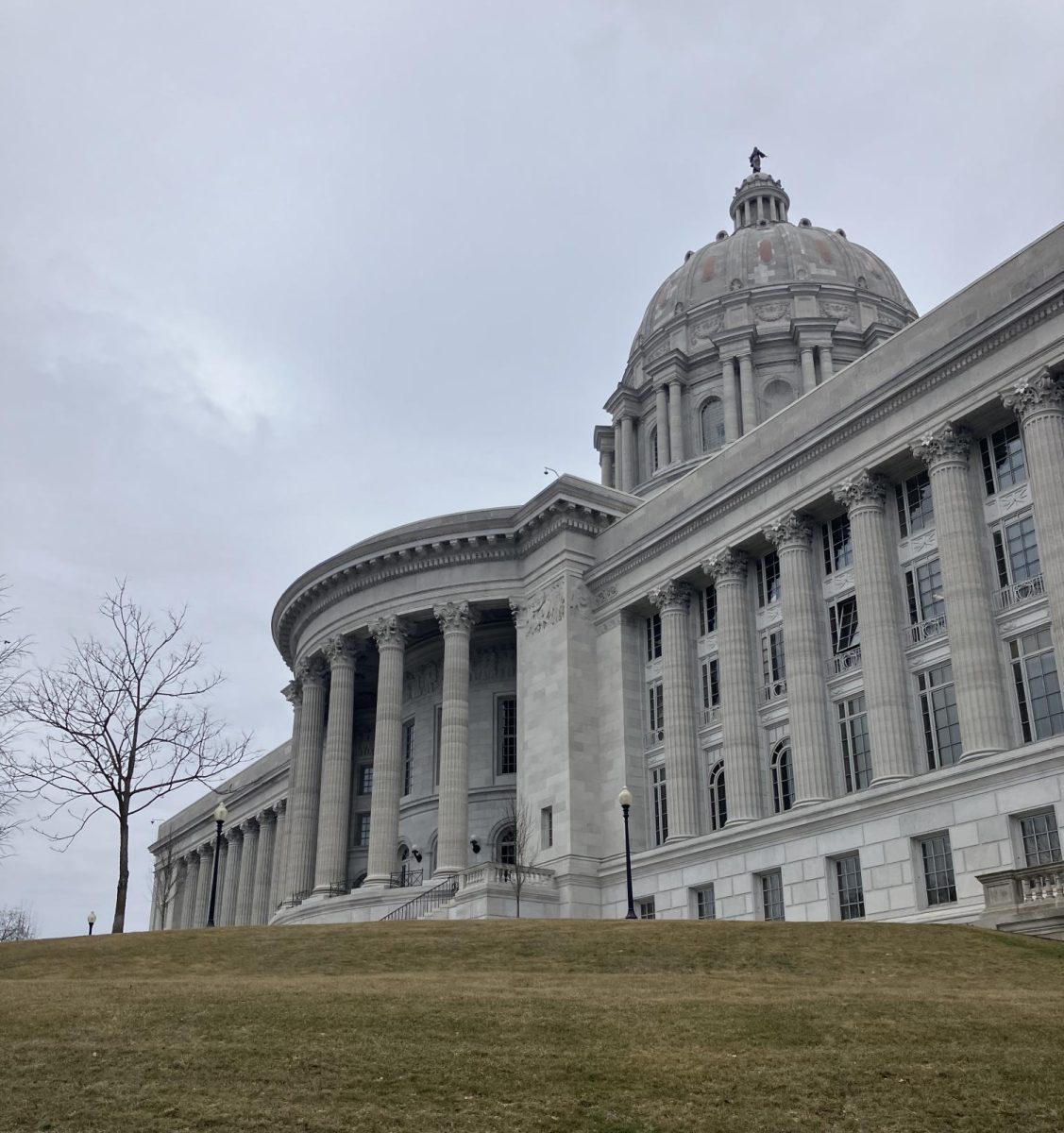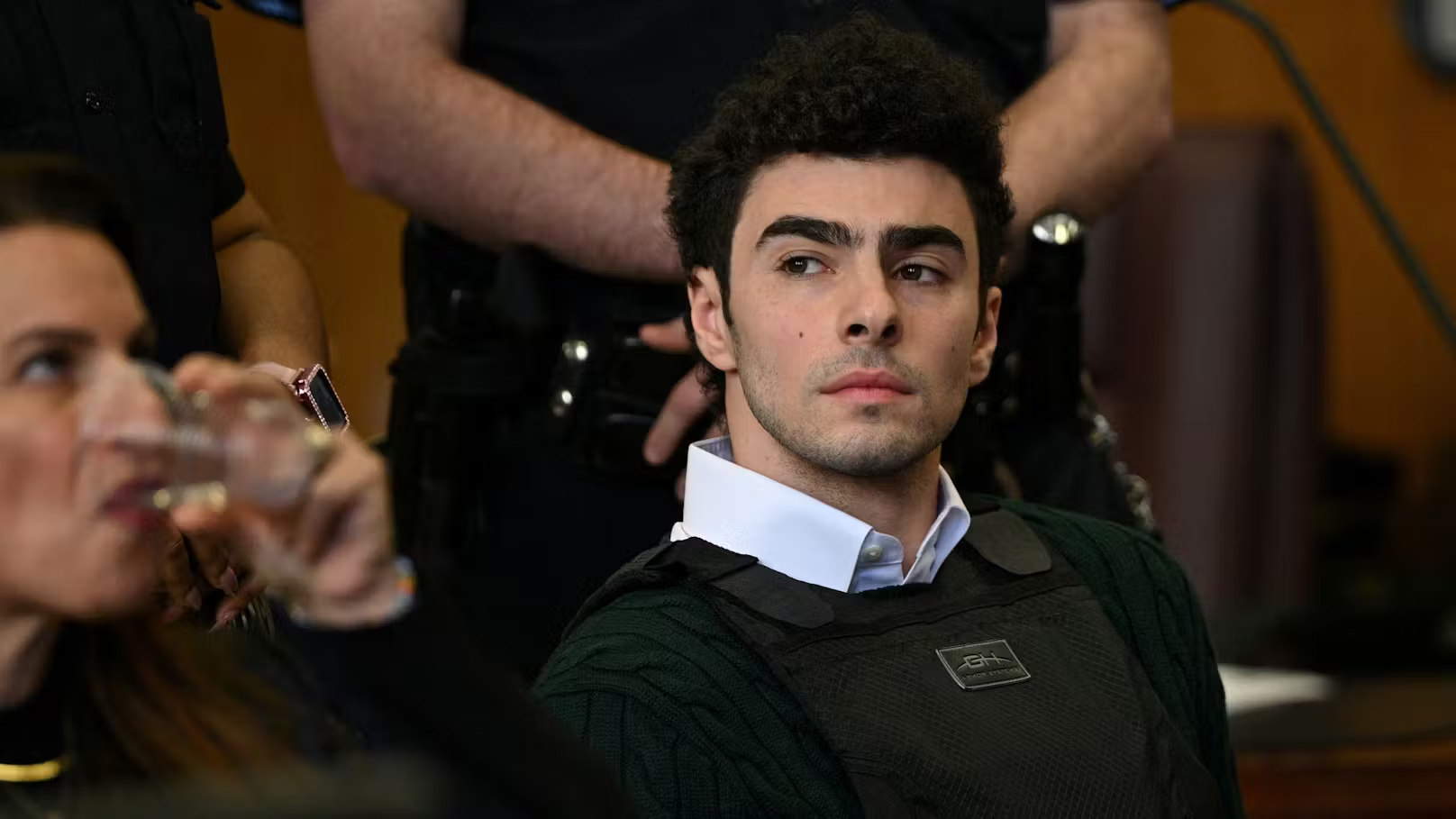Congratulations: you’re 18. You can join the military, donate blood, buy a lottery ticket, get a tattoo, bet on a horse race or use a deli slicer at a grocery store job. But today, arguably the most important “can do” of 18-year-old adults – the right to vote – is too often overlooked. For the past two decades, youth voters have ranked among the lowest demographics of citizens who consistently show up at the polls. While voter turnout did spike during the 2020 presidential election cycle, the New York Times reported that youth voting was still a staggering 15 points lower than the overall population (New York Times). Quite simply, students aren’t voting.
While a myriad of structural and educational barriers are to blame, by far the most prominent is the voter registration process. All eligible citizens must complete a complex, oftentimes confusing registration procedure before they are truly able to exercise their voting rights. For 18-year-old high school students who, to put it bluntly, could care less about the upcoming midterm elections, registration is even more uninviting. The result? Registration is often procrastinated or forgone, leaving even those who want to vote unable to do so.
A simple solution to this structural barrier? Make voter registration a graduation requirement for students that are eligible. We already mandate CPR instruction and basic constitutional knowledge: why shouldn’t the ability to vote, if so desired, top that list? In such a world, high schools around the country would guide their students through the registration process. The result is a pain free way of giving every eligible citizen the opportunity to exercise their fundamental democratic rights. Granted, Ladue has made strides to promote registration already. Voter registration services are widely available to upperclassmen students. However, by requiring registration to graduate, those services can truly be put to use. Whether you wish to vote or not, taking one obstacle away will help make that decision clearer.









